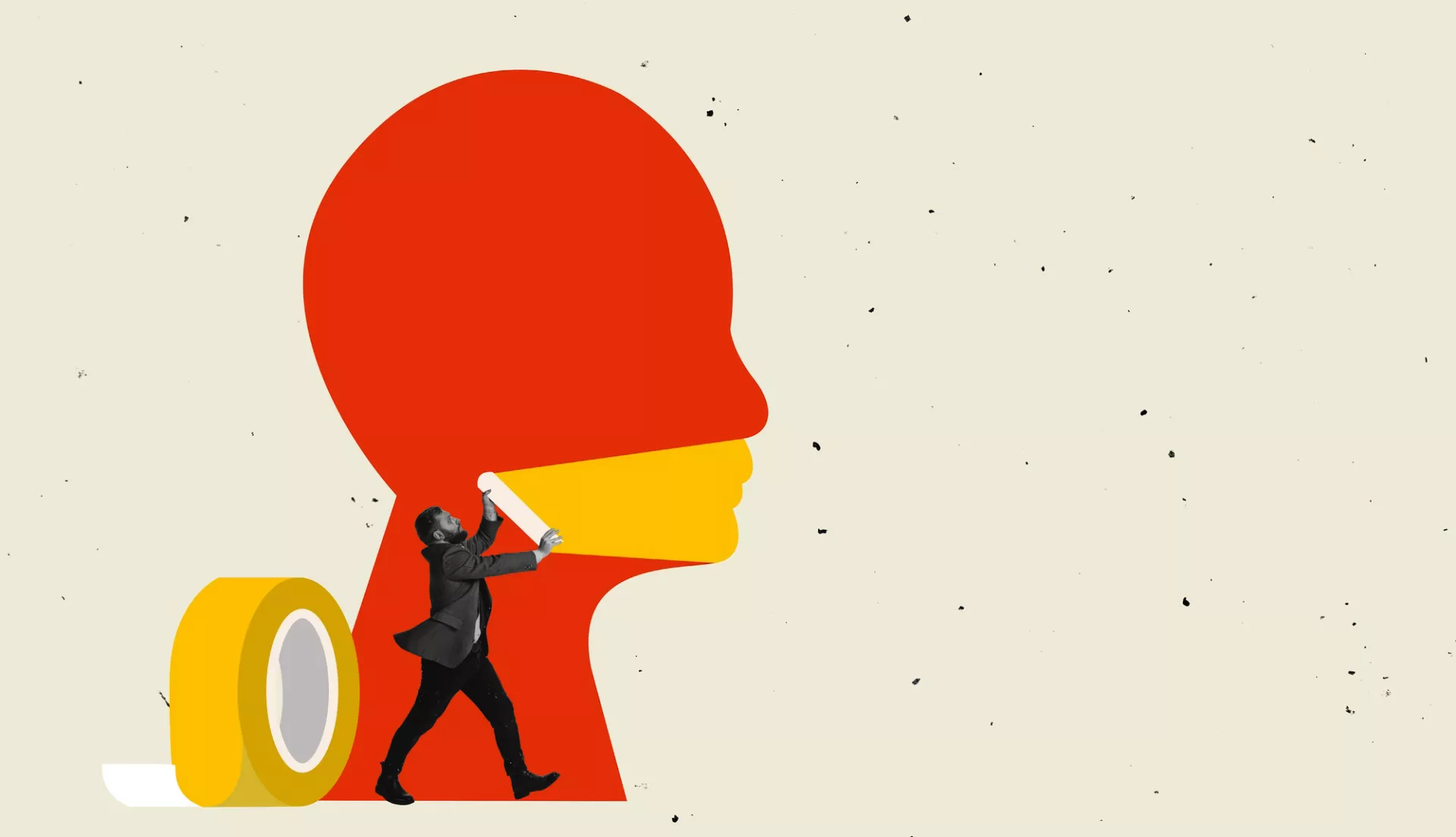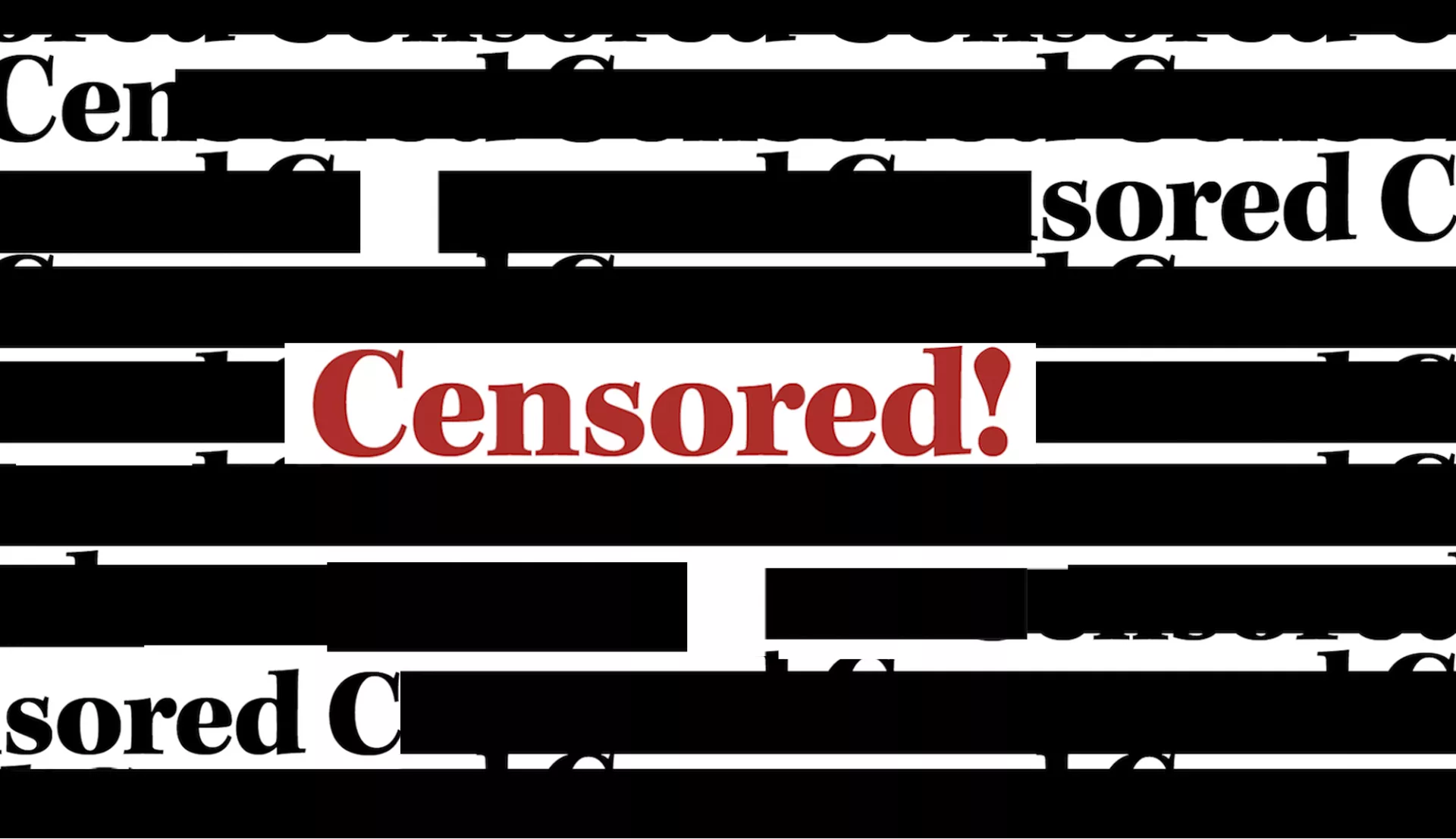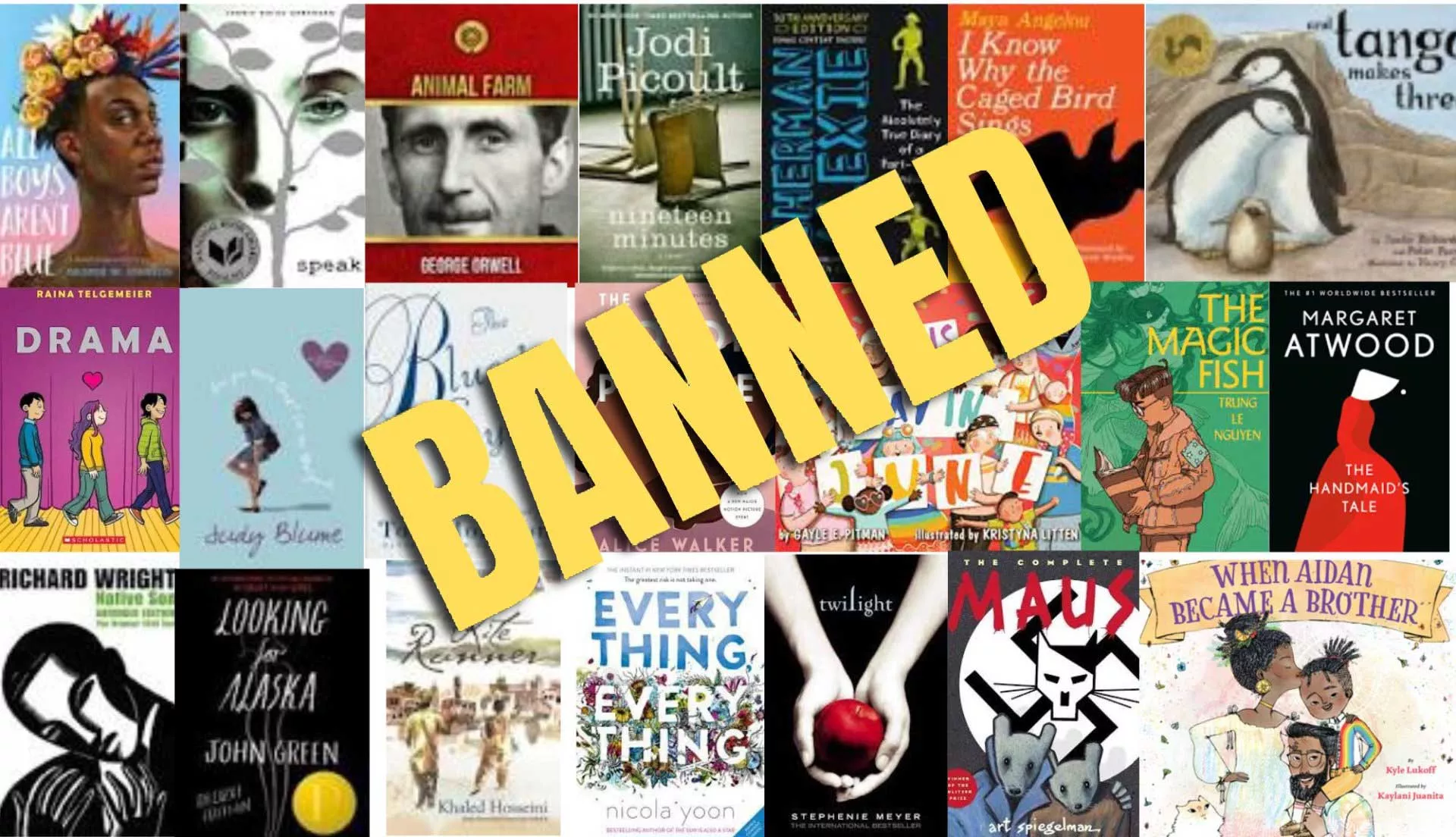Key Takeaways
- A total of 56 educational gag orders were filed in state legislatures in 2024, according to a new report by PEN America. Despite the decrease from previous years, a higher percentage of these bills became law.
- Higher education is now a primary focus of these gag orders, for the first time tying with K-12 schools for laws and policies enacted.
- Proponents of censorship have adopted new tactics to conceal the intent behind these bills and make them more appealing to lawmakers and the general public.
The national campaign to censor U.S. classrooms has adopted new stealth tactics to conceal the attack on intellectual freedom, according to PEN America’s Censored Classrooms 2024 report.
As a result of educational gag order legislation, faculty are self-censoring what they say, avoiding debates that might better educate and engage their students but could run afoul of state laws.
PEN America started collecting data on censorship in education in 2021. According to the new report, eight bills or policies were enacted in 2024 that the organization classifies as “direct restrictions on educational speech in the classroom.”
Additionally, the report reveals that five other higher education bills were enacted that do not directly censor universities and colleges, but have indirect effects on academic freedom. For example, the bills address “politicization of university governance; bans on diversity, equity, and inclusion; and restrictions on faculty tenure.”
PEN America sites three tactics that campaigns are using to advance censorship in higher education:
- “Disguise educational censorship legislation by allying it with some worthy or popular cause.”
- “Censor indirectly, by undermining the support structures at universities that protect intellectual freedom in the classroom, rather than directly, by placing official restrictions on speech.”
- “Whenever possible, accomplish censorship by informal pressure, bullying, or threats rather than formal legislation.”
“This is censorship by another name,” Jeremy C. Young, PEN America’s Freedom to Learn program director and lead author of the report, said in a statement. “What’s occurring in our universities is a coordinated assault on free expression, now obscured by claims of fairness and neutrality, making it harder to combat.”
While the number of educational gag orders filed in state legislatures in 2024 was lower than last year at 56, more became law compared to last year. Besides the gag orders, 29 bills that target higher education institutions were introduced, “the highest percentage of these bills ever proposed in a single year.” Out of the 29, five became law.
Attacks on Higher Ed
The PEN America report analyzes how legislators disguise censorship through broad and misleading claims of how the bill advances higher education. For example, Indiana’s SB 202, one of the most egregious higher education censorship laws, is hidden behind the language of “viewpoint diversity.” According to PEN America, SB 202 has two consequences: it incentivizes bad teaching, and it stifles faculty speech.
President of the National Council for Higher Education Alec Thomson said that he has noticed a general concern among faculty about what they choose to say in the classroom.
“I see that they are unaware of what they should be speaking on or talking about without fear of stepping on the wrong kind of rule or regulation,” Thomson said. “And so, there's a bit of trepidation about approaching subjects, especially in certain classrooms, I suspect, or areas.”

Pat Heintzelman is the president of the Texas Faculty Association. She has also seen a chilling effect happen through overreach by administration. Heintzelman has talked to faculty who fear choosing certain literature for their classrooms and avoid whole topics. Because of this, she said there has been detrimental impact on faculty and students.
“It certainly causes a student to have much less comprehensive education,” Heintzelman said. “There are going to be so many things they don't know about that they never read, they never study, they never hear opposing viewpoints on. That's the impact. The students are the losers.”
When addressing the second tactic, indirect censorship, the report says that while PEN America does not oppose institutional neutrality policies, higher education institutions should decide their policies for themselves while consulting faculty, staff and students.
“After all, there are many occasions when university leaders actually have a legitimate need to express their values—in the wake of a campus incident, to confer an honorary degree, to promote faculty scholarship, or to inaugurate some new research center focused on a pressing social issue,” the report says.
Heintzelman agreed that decisions about certain policies should be made by the institutions, not the government.
“Why do they want to come in and tell the experts in the field what they can and can't say, what they can and can't cover?” Heintzelman said. “Higher education is under attack.”
She said that legislatures are concerned that higher education professionals are trying to “indoctrinate” students into one viewpoint, which is not the case.
“I've met faculty from around the country, and nobody that I have talked to sees higher education as doing anything like that,” Heintzelman said. “It's presenting multiple views and challenging the student to think and consider other points of view.”
Quote byPat Heintzelman , President of the Texas Faculty Association

Impact on K-12
Censorship continues to be an issue impacting K-12 schools. According to the report, 35 gag orders pertaining to K-12 classrooms were introduced this year. This number is the lowest since PEN America began tracking, but five of the orders became law.
One of the laws passed in Louisiana was a “Don’t Say Gay” bill. The four other laws, passed in Alabama, Louisiana, South Carolina and Utah, ban instruction related to race and sex.
“The anti-gay animus of the last century feels present again,” said Dan Guttman, an elementary school teacher in Iowa“The message has been loud and clear to queer families, students, and educators, we’re not so welcome in our schools.”
What’s Next?
Thomson said that universities need to think back to what he calls “institutional safeguards,” such as matters of curriculum and collective bargaining agreements, to combat censorship. He said the time to address these concerns is before a crisis unfolds.
“If you can do it in the absence of a fight, then you can get people to agree on what the institution wants to be or should be,” Thomson said. “And then if you have that principle, then it's much easier to, I think, fend off these types of attacks.”
“By and large, the bills introduced have not been carefully crafted. Nor are many consistent with the First Amendment or academic freedom. Instead, they have been sloppy, vague, and often cruel exercises in academic censorship.” - PEN America, ‘America's Censored Classrooms 2024’
Thomson said the PEN America report highlights restrictions on the educational experience in the name of making it more purified and free of academic rigor.
“Part of what makes [higher education institutions] such powerful, important parts of our society is that they are supposed to be spaces in which ideas can be explored and shared and critiqued, and that doesn't always happen easily.”





